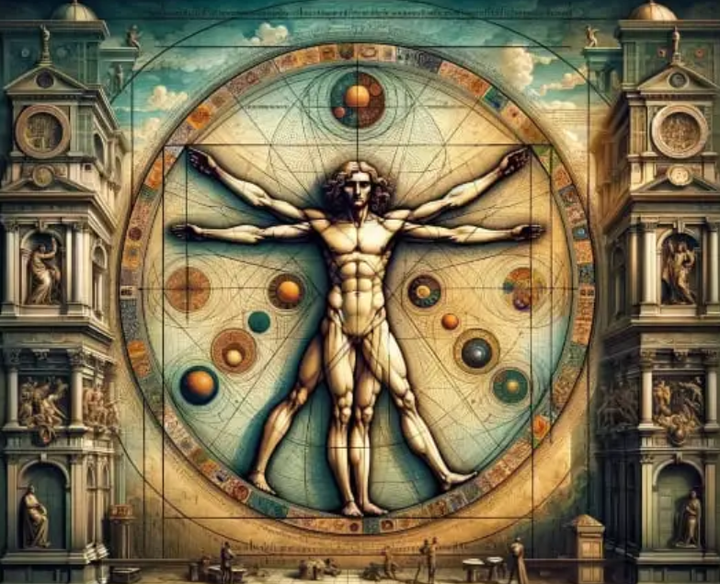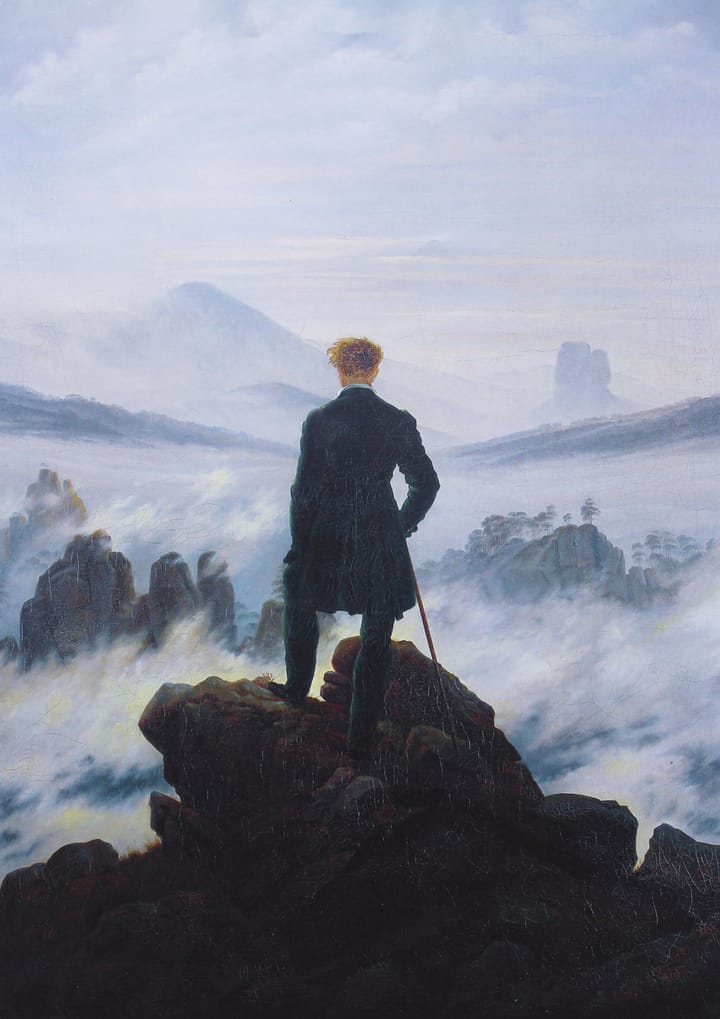Ancient Breathing Techniques, Modern Relevancy

Breathing techniques, a timeless part of human culture, have roots in ancient civilizations such as those of India, and China. These cultures not only understood and used controlled breathing for health benefits, but also integrated it into a system of introspection, a practice that is still relevant today.
In the Indic Yoga tradition, the breathing technique known as Pranayama is one of the eight limbs of Yoga practice. It is mentioned in the classic texts Bhagavad Gita and Patanjali's Yoga Sutras as an integral part of calming the mind for meditation. Qigong breathing is a traditional Chinese practice that involves regulating breath, meditation, and flowing movement to improve the body's natural energy flow.
For us moderns, introspection—the deliberate examination of our inner life, including our sense of I and self, feelings, thoughts, and sensations—can seem foreign. We are constantly bombarded with external stimuli, leaving little time for self-reflection. This overload often causes mental congestion, leading many of us to avoid our inner life. The more we know about our inner selves, the more we gain insight into consciousness's reality, functions, and centrality.
While breathing techniques have a rich historical background, they are not relics of the past. They continue to be relevant in our modern world, offering a simple yet powerful method to clear mental clutter and connect with our inner selves. They provide a foundation for deeper self-awareness and insight, as emphasized in ancient texts and still practiced today.
The resurgence of practices like forest walks and mindfulness reflects a modern longing for the inner peace that our ancestors valued. Just a few generations ago, people had a more richer inner life and spent more time in introspection.
If there is one takeaway from today's piece, it explores how the ancients understood the purpose of breathing and what it was ultimately a tool for. In Greece, "know thyself" is famously associated with the Temple of Apollo at Delphi. For Socrates, "know thyself" was a central tenet, deeply engaging with the concept. To "know thyself" and, as Shakespeare said, "to thine own self be true" requires introspection.
Breathing techniques quiet the mind, allowing us to observe the "who" that witnesses every moment of our lives. Ancient cultures, particularly in the East, developed practical methods for this introspection. By practicing these techniques, we can uncover the reality and centrality of consciousness in our lives—a goal central to this blog, Consciousness Uncovered.


